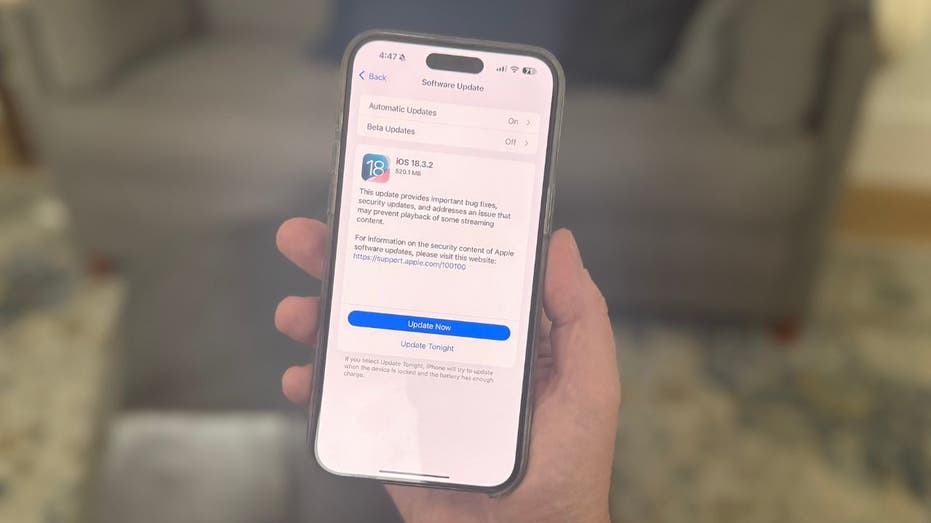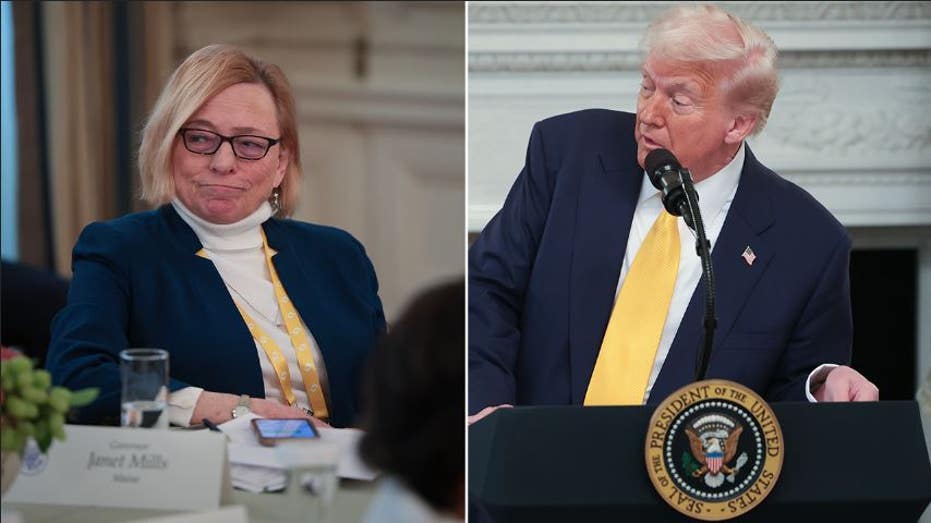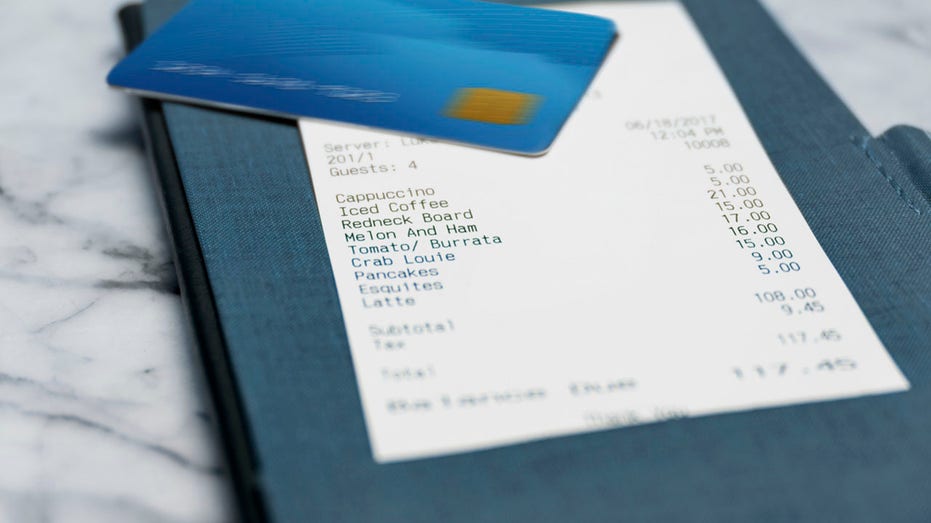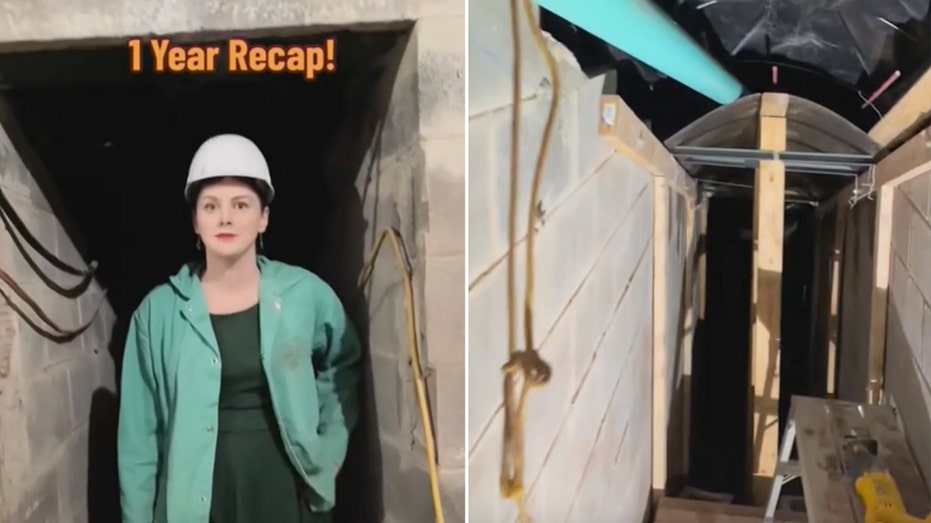- by foxnews
- 15 Mar 2025
Disinformation in Spanish is prolific on Facebook, Twitter and YouTube despite vows to act
Disinformation in Spanish is prolific on Facebook, Twitter and YouTube despite vows to act
- by theguardian
- 07 Oct 2022
- in technology

Last year, US lawmakers urged the CEOs of major tech companies including Facebook, Twitter and YouTube to do more to combat disinformation spreading in Spanish, warning that inaccurate information on key issues such as vaccines and the presidential election was proliferating on their platforms.
Experts say misinformation narratives in Spanish often mirrors those seen in English, falling into the two main categories: politics, or health and vaccines.
An August report by Media Matters for America found many Spanish-language videos pushing the big lie were still up on social media platforms, despite policies prohibiting them.
Media Matters identified three Spanish-language YouTube channels that have violated content policies numerous times but remain online, with a combined subscriber count of more than 880,000.
Free Press and a coalition of other civil rights groups say they have been pushing big tech to take misinformation in English and other languages seriously for months, but have found the companies are not responding quickly or thoroughly enough.
Specifically, the group asked YouTube for more information on how well it is policing Spanish election misinformation and claims it did not receive it, and asked Facebook to outright ban theories that the 2020 election was stolen on its platforms. The platform has not, according to the advocates.
In fact, many of the theories posted in 2020 remain prevalent on major platforms, said Jacobo Licona, a disinformation research lead for Equis Labs, a polling firm focused on Latino voters.
In 2021, the former Facebook employee turned whistleblower Frances Haugen confirmed in a congressional hearing that that platform invests significantly in moderation in the US, but that 87% of misinformation spending at Facebook is on English content when only 9% of users are English speakers.
The company says it works with 90 independent fact-checking organizations around the world to review and rate viral misinformation in more than 60 languages on Facebook and Instagram. Of the 11 companies it works with in the US, six review content in Spanish, said Simpson.
Meta has also invested $5m in media literacy initiatives ahead of the midterms, including fact-checking services on WhatsApp after the app was identified as a large source of misinformation in 2020.
YouTube also employs humans to assist its artificial intelligence-led moderation system, with more than 20,000 people around the world working to review and remove content that violates its policies, including Spanish-speaking employees,Hernandez said. She declined to share how many employees are able to moderate non-English languages.
Twitter is working with organizations such as National Association of Latino Elected and Appointed Officials and MiFamiliaVota to promote voter registration, a spokesman said, in addition to misinformation efforts in English and Spanish. It is also working with Spanish Language Disinformation Coalition to inform its policies on misinformation ahead of Midterms.
Twitter declined to share how many human moderators it employs, or how many of them speak Spanish.
Meanwhile, TikTok has launched an election center in more than 45 languages to flag inaccurate content and connect users to authoritative information, said Ben Rathe, a TikTok spokesperson.
- by foxnews
- descember 09, 2016
Neighbors react as viral 'Tunnel Girl' granted permit to continue digging massive bunker under home
"Tunnel Girl" in Herndon, Virginia, "finally" got her tunnel project approved after pausing the project due to a potential violation. Locals and social media users react.
read more





